David Cameron has declared himself an "evangelical" about his Christian faith as he criticised some non-believers for failing to grasp the role that religion can have in "helping people to have a moral code".
In his third effort this week to highlight his own strong faith, the prime minister said he wanted to see a bigger role for religion in Britain as a Christian country and urged fellow believers to be more confident in spreading their views.
It comes after several big clashes between the coalition and the church, including a letter this week from 40 Anglican bishops and 600 church leaders calling on all political parties to tackle the causes of food poverty. Previous tensions have been caused by Cameron's decision to introduce gay marriage, and deep cuts in welfare benefits.
Cameron's Easter message may be aimed at smoothing over relations as well as an attempt to woo Christians back from Ukip, after Nigel Farage said British politics needed a "more muscular defence of our Judaeo-Christian heritage".
Traditionally, UK political leaders have been more reticent than their American counterparts about religion, with Tony Blair's former spin chief Alastair Campbell once famously proclaiming that New Labour did not "do God". However, both Blair and Gordon Brown have always professed strong religious beliefs and Cameron has been clear that he is a churchgoer. In contrast, Nick Clegg is an atheist, while Ed Miliband on a trip to Jerusalem last week set out his desire to become the first Jewish prime minister, although he caused confusion by forgetting about Benjamin Disraeli.
"I have a particular faith. I describe myself as a Jewish atheist. I'm Jewish by birth origin and it's part of who I am. I don't believe in God, but I think faith is a really important thing for a lot of people," the Labour leader said.
The prime minister's religious messages began last week with an Easter reception at Downing Street, at which he said religion had brought him his greatest moments of peace and claimed "Jesus invented the big society 2,000 years ago".
He also released a videoed Easter message for the country, in which he talked about the "countless acts of kindness carried out by those who believe in and follow Christ".
In a separate article for the Church Times, he argued that some atheists and agnostics did not understand that faith could be a "guide or a helpful prod in the right direction" towards morality.
While acknowledging many non-believers have a moral code and some Christians do not, he added: "People who advocate some sort of secular neutrality fail to grasp the consequences of that neutrality, or the role that faith can play in helping people to have a moral code.
"I believe we should be more confident about our status as a Christian country, more ambitious about expanding the role of faith-based organisations, and, frankly, more evangelical about a faith that compels us to get out there and make a difference to people's lives."
Cameron said he was a classic member of the Church of England, "a bit vague on some of the more difficult parts of that faith", but insisted the church "really matters" to him.
He also defended the Church of England's "perceived woolliness when it comes to belief".
"I am not one for doctrinal purity, and I don't believe it is essential for evangelism about the church's role in our society or its importance. It is important – and, as I have said, I would like it to do more, not less, in terms of action to improve our society and the education of our children."
Previously, the prime minister has said his faith is "a bit like the reception for Magic FM in the Chilterns: it sort of comes and goes".
It comes as a new row with the church may be brewing over the issue of what to do about civil partnerships. In a consultation that closes on Friday, the government is considering three alternatives: abolishing civil partnerships altogether, allowing people who have already had the ceremony to keep the title, or extending them to all couples. The Anglican church is opposing the extension of civil partnerships for all and wants them to be kept for homosexual partners.
But on Wednesday Peter Tatchell, the LGBT rights campaigner, wrote to Helen Grant, the minister in charge of the issue, to urge her to extend civil partnerships to all.
"Both civil marriages and civil partnerships embody the same core values of love, commitment, loyalty and stability," he wrote. "Why does it matter if a straight couple choose a civil partnership? How does their choice undermine the marriages of the others and the authority of an institution that still enjoys majority support? Civil partnerships may be a different institution from marriage but they are, in most respects, marriage-like. So why maintain the ban on female-male civil partnerships?"
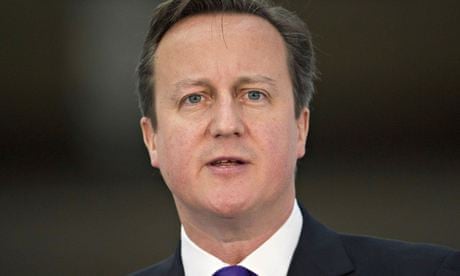
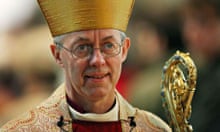
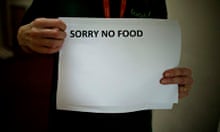
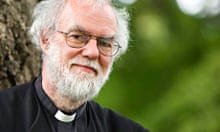
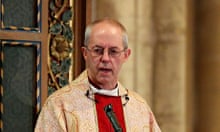
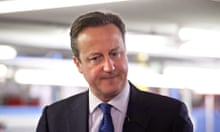


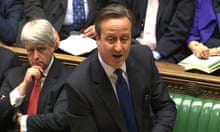
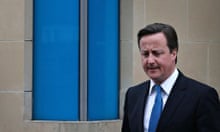
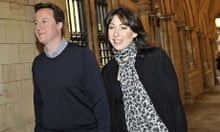
Comments (…)
Sign in or create your Guardian account to join the discussion